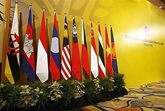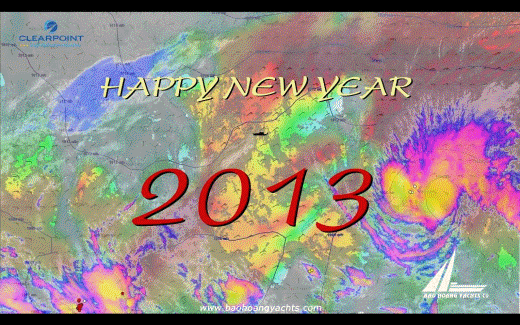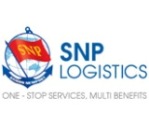The Association of Southeast Asian Nations (ASEAN) will soon require its member countries to begin implementing a national single window (NSW) customs to facilitate a seamless flow of goods under the so-called Green Lane system, Thai News Service reported.
ASEAN Deputy Secretary General Sundram Pushpanathan said that after a time the national single window will be expanded to an ASEAN Single Window (ASW) program.
Pushpanathan added that the NSW is the first step to achieve the ASW wherein the 10 member-countries will integrate their respective customs databases to expedite the release and clearance of goods within 30 minutes, maximum.
Under the new scheme, data and information on goods will be submitted only once to an integrated and harmonized database under the Bureau of Customs, which in turn can be accessed by some 43 government agencies and private shipping organizations to hasten the release of licenses and clearances.
In the Philippines, Green Lane facilities include the Port of Manila, the Manila International Container Port (MICP), the Ninoy Aquino International Airport (NAIA) and the Port of Cebu where at least 70 percent of all imported products pass through and may already qualify for non-inspection.
Some 15 percent of goods entering the Philippines pass through the yellow lane for documentary examination while the remaining 15 percent pass through the red lane for regular customs examination.
Some of the agencies and groups that have already signed up with the Bureau of Customs are the Philippine National Police (PNP), Philippine Economic Zone Authority (PEZA), Department of Agriculture (DA), the Association of International Shipping Lines, and Bankers Association of the Philippines, among others.
But Pushpanathan said assistance must be given to Cambodia, Myanmar, Laos and Vietnam, collectively known as the CMLV bloc, to improve their customs practices and help them implement their own single window schemes.
We need to help the CMLV countries so they can meet the 2015 target for the Asean Economic Community. They are slower than the rest, and we know that customs is the number one issue in terms of movement of goods, Pushpanathan said.
CargoNewsAsia













